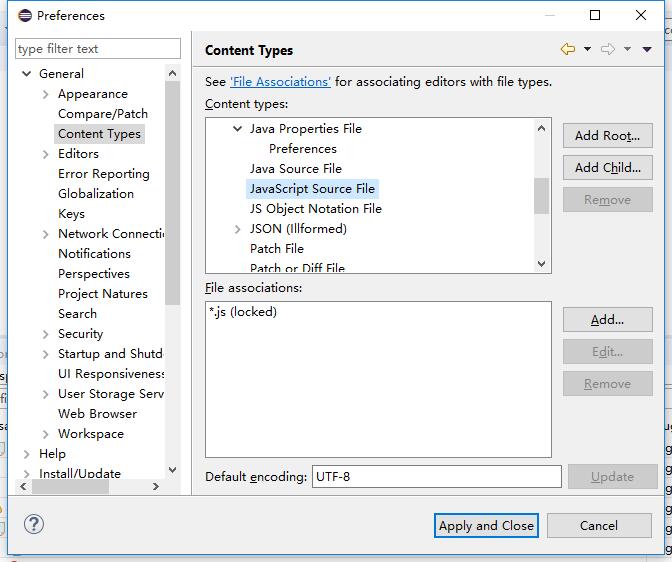Question
I am configuring IIS to work with the CSP Gateway but I'm running into this error:
"The Module DLL 'C:\Inetpub\CSPGateway\CSPms.dll' could not be loaded due to a configuration problem. The current configuration only supports loading images built for a x86 processor architecture."
Answer


.png)